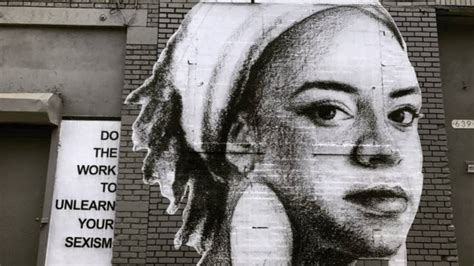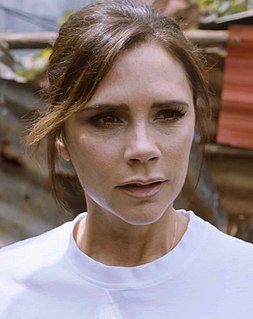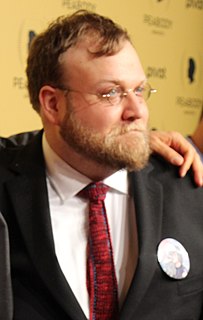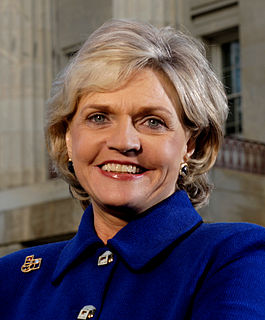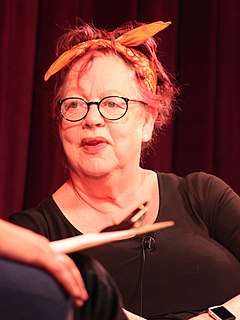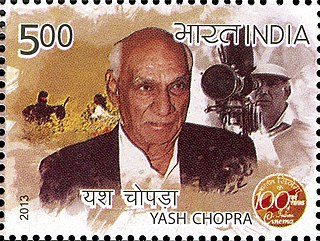A Quote by Tatyana Fazlalizadeh
I feel like we're looked at as either completely nonsexual characters or overly sexual characters, and I feel like that affects how we're treated in the public space by men. I believe that women of color experience street harassment in a very hyper way. So I wanted to draw these women in their very normal, regular states and put those images out there in the public for people to see, instead of these other, very sexualized, images of women.
Related Quotes
There's more empathetic representations than we're used to seeing. I honestly feel like in the early days of Hollywood, women did have those. Women had very traditional roles in society of wife and mother, but when they went to the movies, they got to see women be, like, really cool, amazing characters and femme fatales and all of this. And then there was just this systemic reaction where it was all about, "How do we make money?" And everybody wants to sell things to boys. And then women's entertainment became devalued in a way that I think is disrespectful and hurtful.
The Internet is the new public space. And because women are out in public, people don't like that in much the same way that if you're walking down the street you get harassed. I think the same kind of thing happens online, and I think that's why a lot of women are hesitant to put their voice out there.
I am myself a professional creator of images, a film-maker. And then there are the images made by the artists I collect, and I have noticed that the images I create are not so very different from theirs. Such images seem to suggest how I feel about being here, on this planet. And maybe that is why it is so exciting to live with images created by other people, images that either conflict with one's own or demonstrate similarities to them.
I think a lot of women who are celebrities and who are very beautiful have terrible problems with their men being very controlling. Women allow themselves to be dominated and controlled by men in all sorts of other ways that are very complicated, you know? I don't really see a lot of women engaging in discussions about the struggles and power relations with men and their lives, like their bosses, boyfriends, husbands, coworkers. I don't see that happening very often, whereas I see a lot of misogyny on the internet. I see a lot of hatred towards women and a lot of fear of women.
I thought that the R&B / Hip-Hop world really hasn't been explored on film and there's some issues that we're going through right now. It's in a very dangerous place , for women especially, both in terms of the songs that men are singing about. You know, R&B used to be a safe place for women and now it just seems like the songs coming out are so angry but also what women have to come out with. You have to get noticed. You see, it's like a script to follow. You come out hyper sexualized but what happens when you can't pull back from that. That's not authentic to yourself.
Men who are offenders of street harassment and women who experience street harassment can walk by and feel something about it, because it's out there in the environment where the harassment actually happens. So it's a lot more powerful than an oil painting that's stuck in a gallery or under my bed or in my studio where only a couple of eyes are going to see it, as opposed to it being in an environment where it could possibly effect a change.
Now we really like to put people in boxes. As men, we do it because we don't understand characters that aren't ourselves and we aren't willing to put ourselves in the skin of those characters and women, I think, terrify us. We tend not to write women as human beings. It's cartoons we're making now. And that's a shame.
I know there are certain men that hate women or don't like women, and in order to make women feel small, they tend to isolate them when they bully them. And women are often humiliated by it and feel they can't do anything about it. So my advice to women would be: there's always support around for those sorts of things and if you feel you're isolated in any way, or being bullied, you must talk to someone about it.
I don't believe you know anything about a man like me or a country like this. It takes rough men, Miss Fair, to tame a rough country; rough men, but good men. Your father is in that class. As for you, I don't think you'd measure up, and you'll do well to leave it. You're a hothouse flower, very soft, very appealing and very useless...In the world you are going to, men want pretty useless women. They want toys for their lighte moments, and we have those women out here, too, only we have another name for them. We want women who can make a home, and if need be, handle a rifle.
Though, technically, I'm shooting on location, my films are actually based inside a woman's heart. I think women are more emotional than men, and that's a thread I've explored in all my films. When I see TV these days, I'm shocked at how all the main women characters are portrayed as evil. Women are the foundation of everything, and they deserve to be treated that way on camera.
I feel like I've been very lucky with the directors. The characters I've been offered, especially lately, have given me the opportunity to play all of these different women. I always wanted that, and it's something that you cannot do by yourself. If you want to play a diversity of characters, somebody else has to have the imagination to give you a role completely out of the box. We depend on somebody else's trust, and these directors are giving me their trust, and I am grateful for that.
